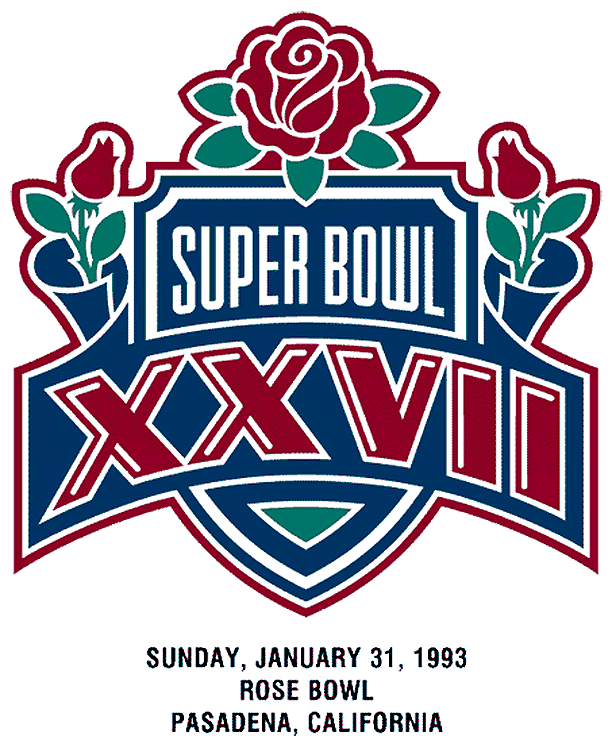The Super Bowl’s Musical Secret

The Super Bowl is annually one of the most watched events on television. In recent years, over 150 million people worldwide (and over 100 million in the U.S. alone) have tuned in to watch the NFL’s championship game. The game comes with a lot of fanfare — a celebrity-studded halftime show and, typically, a superstar singer opening the festivities by singing the Star Spangled Banner. And with fanfare at times comes controversy.
Before Super Bowl XXV in January of 1991, Whitney Houston sang the anthem in such an inspiring way that the single ended up going platinum (selling over a million copies) — except that the live performance wasn’t actually live. Houston was singing into a dead microphone and the NFL had, instead, used a pre-recorded version of her rendition. The pre-record was created as a backup (say, if Houston had lost her voice), and organizers had chosen to use it in order to remove the risks inherent with a highly produced and coordinated performance.
The fall out from Houston’s performance was so widespread that at least one future performer refused to do a pre-record — or so the rumor mill suggested. Two years later, NFL and the Super Bowl broadcaster, NBC, offered country star Garth Brooks the opportunity to usher in the big game. He, of course, accepted, but under the condition that he perform live, with no pre-recorded safety net. The NFL agreed. And it would be the last time they’d do so.
In late 1992, Brooks released the song We Shall Be Free, a song about ending oppression which he wrote and recorded after the Rodney King riots swept through Los Angeles that spring. The music video (watch it here) for the song featured a number of celebrities including four star quarterbacks. Per an ABC News report, less than an hour before the game, Brooks asked NBC to play the video before the Super Bowl. NBC refused, concerned that the audience at home would be upset by the clips from the riots and other graphic images in the video. And regardless, the broadcast had already begun, and there was no time before kickoff to squeeze the video in.
But Brooks wasn’t taking no for an answer. He refused to go on stage (and per one account, left the stadium entirely), causing havoc. The NFL and NBC, having not insisted on the pre-recorded version, were stuck without an audio track and without a performer. Everyone scrambled for a solution. A producer noticed that another performing artist, Jon Bon Jovi, was in the stadium as a spectator; he was asked to perform in Brooks’ place if need be, and, apparently, agreed. Meanwhile, the league and network figured out how to push kickoff back a few minutes, edited together a less graphic version of Brooks’ video, and offered to run that.
Brooks performed and the viewers both at home and at the stadium had no idea about the above. The NFL and television executives, however, were not willing to be put in the same position again. Since then, artists who agree to perform at the Super Bowl are required to pre-record their performances.
Bonus fact: Even if you’re not an American, you probably have heard the Star Spangled Banner and could recognize it as the national anthem of the United States. But can you recognize the national anthem of Kazakhstan? If not, you’re not alone. In March of 2012, Maria Dmitrienko of Kazakhstan took gold in an event at the Arab Shooting Championships in Kuwait. The organizers played the Kazakh anthem during the medal ceremony — or so they thought. As reported by Yahoo! Sports, they accidentally played the parody version of the anthem from the movie Borat.
From the Archives: Behind the Music: The voice behind the songs in many famous musicals.
Related: An autographed 8×10 print of Garth Brooks’ Super Bowl performance.

Leave a comment